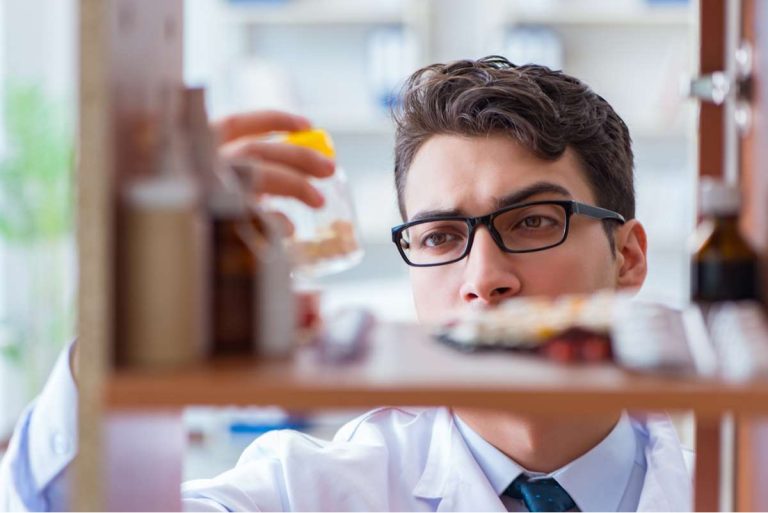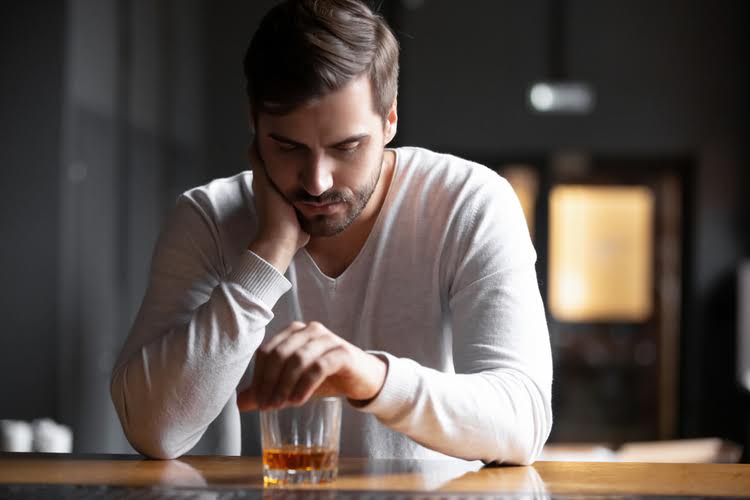Alcohol primarily affects the brain’s visual cortex and the neural pathways that connect your eyes to your brain’s processing centers. Alcohol also tends to reduce the amount of oxygen in the blood, making the arteries rather congested. This substance is a strong vasodilator, which means that it makes the blood vessels expand. As they do so, blood rushes a lot more into them, and they become more visible. Seeing the difference between drunk eyes and normal eyes can make these changes more understandable.
Alcohol has long been known to have effects on the human body, both positive and negative. While consuming alcohol in moderation may have some health benefits, excessive alcohol consumption can blurry vision hangover lead to various harmful effects, including impaired vision. Blurry vision is one such common side effect experienced by many individuals after consuming alcohol. In this article, we will explore the relationship between the amount of alcohol consumed and the likelihood of experiencing blurry vision. Reducing alcohol consumption can lower the risk of developing vision problems.
This is because alcohol affects the speed at which the iris constricts and https://www.gumuseylul.com/2020/11/17/alcohol-withdrawal-symptoms-detox-timeline/ dilates, reducing the eye’s ability to adjust for brightness. Excessive drinking can take a significant toll on your eye health, leading to symptoms such as glassy eyes. Chronic alcohol abuse affects more than just your liver; it can also cause serious damage to your vision. Blurred vision and double vision are common symptoms, with heavier drinking sessions potentially resulting in temporary myopia. Blurry vision after drinking alcohol is a common symptom of alcohol intoxication.


For example, a person who is intoxicated may be more likely to injure their eyes due to falls or accidents. Preventive steps include moderating alcohol intake, staying hydrated, ensuring a nutrient-rich diet, and regular checkups with an eye doctor. If you’re experiencing symptoms, see an eye specialist and consider quitting or cutting back on alcohol. Bilirubin is a natural byproduct of the liver doing its job breaking down red blood cells. Normally, the liver — a sophisticated waste management system — processes bilirubin and eliminates it from the body. But with alcohol in the picture, the liver gets overwhelmed, and bilirubin starts accumulating in places it shouldn’t — like our skin and the whites of our eyes.
The low moisture levels in the eyes lead to dryness, discomfort, irritation, burning, grittiness, and eye redness. In addition to a healthy diet, adopting positive lifestyle habits such as regular exercise, quality sleep, and proper hydration can improve overall health, including eye health. By prioritising these preventative measures, you can minimise the damaging effects of alcohol on your eyesight and maintain optimal vision. During a hangover, the symptoms are often intensified due to a combination of factors, including alcohol’s diuretic effects and how it affects various systems in the body. Headaches, gastric distress, and blurry vision can all be attributed to the body’s attempt to rebalance itself and recover from the toxic effects of alcohol. While blurry vision can be a symptom of a hangover, it is not a universal experience for everyone who drinks excessively.
This delayed response means the eyes cannot quickly adapt to varying light conditions, such as oncoming headlights, increasing sensitivity to glare or difficulty seeing in low light. The recommended maximum weekly alcohol intake is 14 units, which is the equivalent to 6 pints of 4% beer or 6 medium glasses of wine. Staying below this level should significantly help to avoid developing alcohol-related diseases and health conditions. Ophthalmologists consider alcohol consumption a modifiable risk factor, drug addiction meaning individuals can prevent alcohol vision decline by limiting or stopping consumption. There is no single treatment, so individuals receive treatment depending on their symptoms. Researchers have noticed that heavy drinkers are likelier to have low levels of protective nutrients such as zinc and vitamins (B12 and folate).
However, we’re all for imbibing in a cold beverage with your coworkers or loved ones at the end of a long week! We’d even venture to say that a little red wine is good for your health and your eyes. Examples of alcohol-induced visual impairment can be found in real-life scenarios. For instance, someone who has had a few drinks at a social event may notice that their vision becomes hazy or that they struggle to read small text.